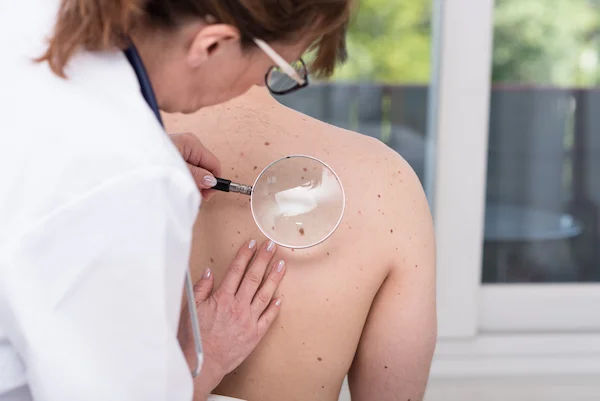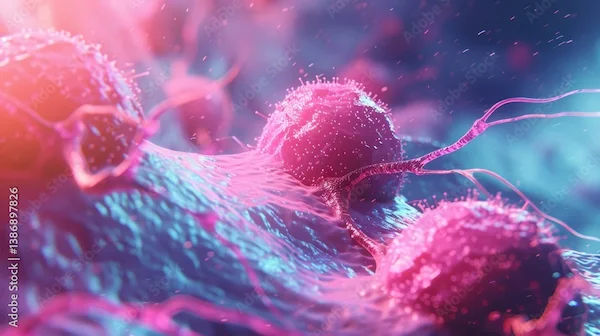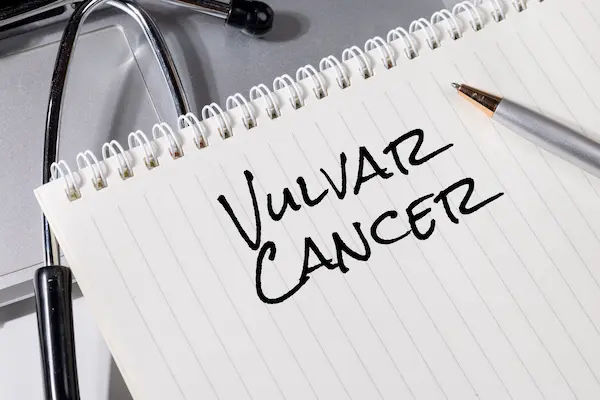Hereditary Breast and Ovarian Cancer Overview
Learn about hereditary breast and ovarian cancer (HBOC), including causes, symptoms, genetic testing, and prevention strategies. Understand your risks and take proactive steps for early detection and better health outcomes.

Written by Dr. Dhankecha Mayank Dineshbhai
Reviewed by Dr. Rohinipriyanka Pondugula MBBS
Last updated on 27th Aug, 2025

Cancer can be a scary word, but knowledge is power. If you or a loved one has a family history of breast or ovarian cancer, understanding hereditary breast and ovarian cancer (HBOC) can help you take control of your health. This guide will explain what HBOC is, its causes, symptoms, and steps you can take for early detection and prevention.
What Is Hereditary Breast and Ovarian Cancer (HBOC)?
HBOC is a genetic condition that increases the risk of developing breast cancer, ovarian cancer, and sometimes other cancers due to inherited gene mutations. The most common genes linked to HBOC are BRCA1 and BRCA2.
Normally, these genes help prevent cancer by repairing damaged DNA. However, if they are mutated, they don’t work properly, increasing cancer risk.
Who Is at Risk?
HBOC can affect both men and women, but women are at higher risk for breast and ovarian cancer. You may have a higher chance of carrying these mutations if:
- Multiple family members have had breast or ovarian cancer, especially at a young age (before 50).
- A close relative (mother, sister, daughter) has had both breast and ovarian cancer.
- There is a history of male breast cancer in the family.
- You are of Ashkenazi Jewish descent (this group has a higher prevalence of BRCA mutations).
Symptoms to Watch For
Early detection saves lives. Be aware of these signs:
Breast Cancer Symptoms
- A new lump in the breast or armpit.
- Changes in breast shape, size, or texture.
- Nipple discharge (other than breast milk) or inversion.
- Skin dimpling or redness.
Ovarian Cancer Symptoms
- Bloating or abdominal swelling.
- Pelvic or abdominal pain.
- Feeling full quickly when eating.
- Frequent urination.
Note: These symptoms can also be caused by other conditions, but if they persist, consult a doctor.
How Is HBOC Diagnosed?
If you have a strong family history, your doctor may recommend genetic testing to check for BRCA1 or BRCA2 mutations. This involves a simple blood or saliva test.
Who Should Consider Genetic Testing?
- Women with breast cancer diagnosed before age 45.
- Anyone with ovarian cancer at any age.
- Men with breast cancer.
- Those with multiple relatives with breast, ovarian, or prostate cancer.
Get Your Symptoms Checked now
If you’re unsure, a genetic counsellor can help assess your risk.
Managing and Reducing Your Risk
If you test positive for a BRCA mutation, don’t panic—there are ways to lower your risk and detect cancer early.
1. Increased Screening
Breast Cancer:
- Monthly self-exams.
- Clinical breast exams every 6–12 months.
- Mammograms and MRIs starting at age 25–30.
Ovarian Cancer:
- Pelvic exams, ultrasounds, and blood tests (CA-125) may be recommended.
2. Preventive Medications
- Tamoxifen or raloxifene may reduce breast cancer risk in high-risk women.
- Birth control pills may lower ovarian cancer risk (discuss with your doctor).
3. Preventive Surgeries (For High-Risk Individuals)
- Mastectomy (breast removal) – Can reduce breast cancer risk by up to 90%.
- Oophorectomy (ovary removal) – Lowers ovarian cancer risk and may also reduce breast cancer risk.
4. Healthy Lifestyle Choices
- Maintain a healthy weight – Obesity increases cancer risk.
- Exercise regularly – Aim for 30 minutes a day.
- Limit alcohol – Even one drink a day can raise breast cancer risk.
- Avoid smoking – Smoking is linked to many cancers.
Emotional Support and Counselling
A cancer risk diagnosis can be overwhelming. Seek support from:
- Genetic counsellors – They help interpret test results and guide next steps.
- Support groups – Connecting with others in similar situations can be comforting.
- Mental health professionals – Therapy can help manage anxiety and stress.
When to See a Doctor
If you have:
- A strong family history of breast/ovarian cancer.
- Unexplained symptoms like a breast lump or persistent bloating.
- Concerns about genetic risk.
Consider booking a genetic counselling session or a screening test through Apollo 24|7 for expert guidance.
Final Thoughts
Hereditary breast and ovarian cancer is a serious concern, but with awareness and proactive steps, you can take charge of your health. Early detection, regular screenings, and healthy lifestyle choices make a big difference.
If you suspect you might be at risk, don’t wait—talk to a doctor today.
Would you like to schedule a consultation or genetic test? Visit Apollo 24|7 to book an appointment with a specialist.
Consult Top Oncologist
Consult Top Oncologist

Dr Sunita Samleti
Oncologist
18 Years • M.D. (Pathology)- TN Medical College, Mumbai University, Mumbai, Mar 2005 M.B.B.S. Grant Medical College, Mumbai University, Mumbai, Oct 1999
Chinagadila
Apollo Hospitals Health City Unit, Chinagadila

Dr Gowshikk Rajkumar
Oncologist
10 Years • MBBS, DMRT, DNB in Radiation oncology
Bengaluru
Apollo Clinic, JP nagar, Bengaluru

Dr.sanchayan Mandal
Oncologist
17 Years • MBBS, DrNB( MEDICAL ONCOLOGY), DNB (RADIOTHERAPY),ECMO. PDCR. ASCO
Kolkata
Dr. Sanchayan Mandal Oncology Clinic, Kolkata

Dr. Sanchayan Mandal
Oncologist
17 Years • MBBS, DNB Raditherapy, DrNB Medical Oncology
East Midnapore
VIVEKANANDA SEBA SADAN, East Midnapore

Dr. Gopal Kumar
Head, Neck and Thyroid Cancer Surgeon
15 Years • MBBS, MS , FARHNS ( Seoul, South Korea ), FGOLF ( MSKCC, New York )
Delhi
Apollo Hospitals Indraprastha, Delhi
(25+ Patients)




